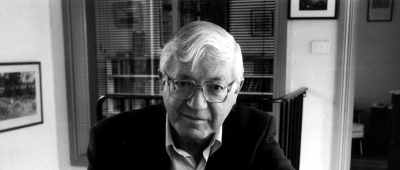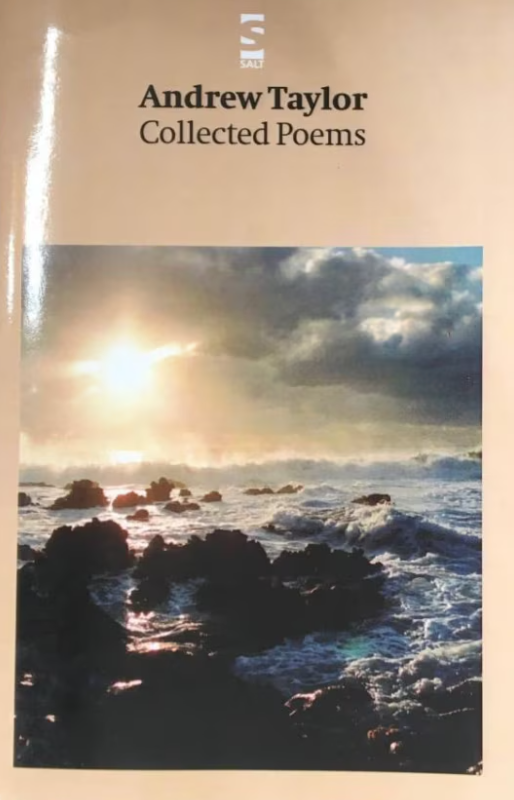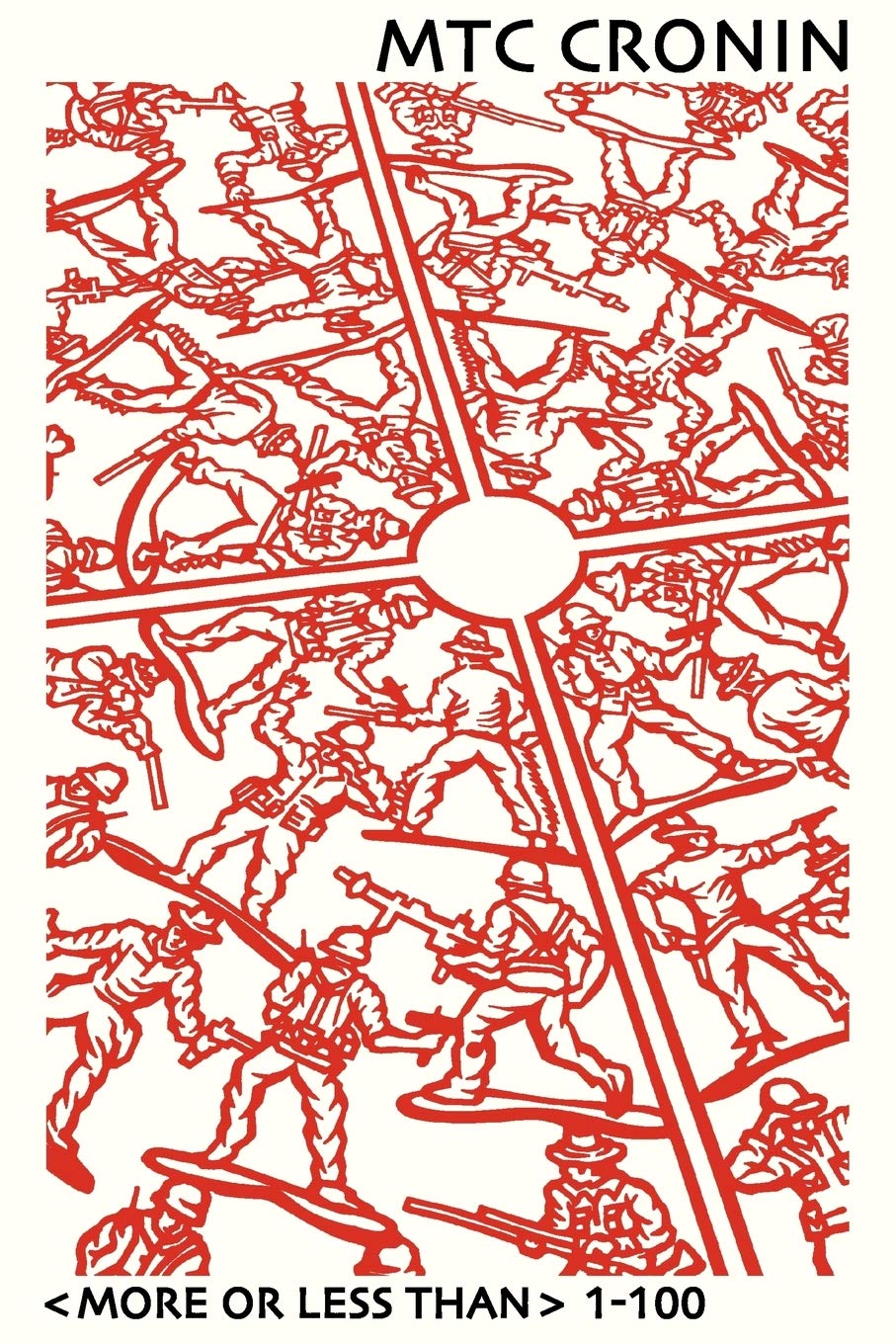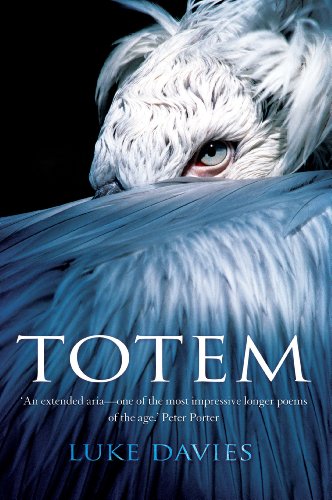Poetry
A biographer follows the life of a chosen person or a chosen group or people, or perhaps a particular scene or epoch. An autobiographer, like a snail outed by the Sun, looks back at his or her tracks and tries to explain how he or she got this far, possibly hinting at vindication or in more extravagant mode, self-immolation. Unfortunately I am a poet, and a prose writer only to earn a living. My field is verse, but l am involved on a daily basis with literature in diverse forms, especially journalism, broadcasting, and reviewing. I believe also that I am a secret biographer and autobiographer, as so much of the poetry I write and read shadows the functions of biography.
... (read more)Andrew Taylor’s Collected Poems is framed by the weather. Indeed, the first poem is entitled ‘The Mere Repetition of Weather’. Weather runs from the ‘Prologue’, to The Cool Change (1971), in which ‘the weather like an alchemist / turns into gold the matter of my arm’, to the last poem in New Poems 2000-2003, ‘The Answer’, in which the poet has ‘come back to the swamp.../ after three years of drought the drenching rain/...flushing green clots of algae’. In another century, this might indicate a Romantic poet, attuned like an Aeolian harp to the motions and stirrings of nature. But this is a poet in whose work can be seen influences of Wallace Stevens, Jonathon Culler, Vincent Buckley, Chris Wallace-Crabbe and John Tranter – an entirely different sugar bag of marsupials.
... (read more)In striving to describe the overall effect of M.T.C. Cronin’s bravura performance in <More or Less Than> 1-100, it is difficult to trump Peter Porter’s ‘precipitously oracular’, quoted on the back cover. There is indeed a sense in which the poetry offers, as is the habit of oracular utterance, a distinctly slippery slope of meaning to be negotiated in following its 100 numbered poems as they increase in numerical sequence from an initial single line to fifty and then, in mirror reversal, decrease to the single line of poem 100. Not that there is anything slippery about Cronin’s technical control in this example of an exuberantly free verse poet embracing the otherness of formal, even arbitrary, patterning. She is sufficiently confident that, in a work with so categorical a design of beginning and ending, she can write mockingly:
... (read more)Domain by Ian McBryde & Gateway to the Sphinx by Tony Page
Since World War II, poets have inevitably had to ignore Theodor Adorno’s famous and problematical pronouncement on the barbarousness of writing poetry after the Holocaust. Few, however, have written extensively in response to those terrible events, the most notable to do so being Paul Celan, himself a survivor of Moldavian labour camps.
... (read more)Where our language suggests a body and there is none:
there, we should like to say, is a spirit.
Wittgenstein, Investigations
Your soul could be that run-down country property
where popes go stamping with their crooks
and priests stand talking in far paddocks,
where scapulars and beads, holy cards
and snow dome nativities are kept inside
a shed marked purgatory.
The soul is not made of music,
not today, not clouds or even cauliflower.
It is dusty, unrepentant and far from here.
It could be you have been told
your soul is saving you each day
from death for death.
At your door a parcel is delivered
like a crucial superstition with your name on it
as though you will find yourself inside.
It’s best, I’ve heard, not to know who has one
in this street
or who it is can walk without its help.
... (read more)Footnotes of a Hammock by Joanne Burns & The Ship by Sarah Day
Joanne Burns lives in Sydney and her poems draw much of their life from that city: its public places, its streets, cafes, casinos and hotels. Burns makes a mocking catalogue of its consumer dreams, glittering distractions and attention-seeking weather. In this way, she presents a city that is more like an advertisement, made of manufactured beauty and false promise:
... (read more)Luke Davies is best known as the author of Candy (1997), a novel about love and heroin addiction. His poetry, meanwhile, has attracted attention for its characteristic interest in how we relate to an unknowable universe; it is also unusual in that it draws on a more-than-everyday understanding of theoretical physics. In this latest volume, which comes in two parts – a long meditative poem followed by forty short lyrics, both celebrating love – an awareness of the vast reaches of space remains, although its expression is now less factual and has acquired a new subtlety.
... (read more)Changes: New & collected poems 1962-2002 by Keith Harrison
The word ‘collected’ on a book of poems has its embedded dangers. Collected Poems are like autobiographies: they encourage readers to confuse them with the writer’s flow of life. And we can all see what’s wrong with that, I hope. That cagey old player, W.H. Auden, issued this injunction:
Great writers who have shown mankind
An order it has yet to find,
What if all critics say of you
As personalities be true?
You had the patience that survives
Soiled, shabby, egotistic lives …
He also refused to write an autobiography.
... (read more)‘His poems, now more and more exclusively in prose, have become taut and aphoristic, for he seeks patiently to release energy potential in language, and to make of poetry an instrument of revelation, indeed a close ally of philosophy.’
These words, by R.T. Cardinal in The Penguin Companion to European Literature (1969), in fact gloss the poetry of René Char. They could be taken as an apt description of Peter Boyle’s fourth collection, Museum of Space, which represents a subtle but significant shift in his oeuvre since the virtuoso What the Painter Saw in Our Faces (2001). These are sparer, more abstract poems, less cluttered by competing images – deft, attenuated and often written in a lean, delicate prose, as if having left some of the mechanical devices of poetry behind for something more suggestively metaphysical.
... (read more)While we are apart I will
wear no shoes, walk barefoot
over Nevada sands, tune my heart
to 33 kilohertz, synchronise
my inner ear to terra firma, and,









